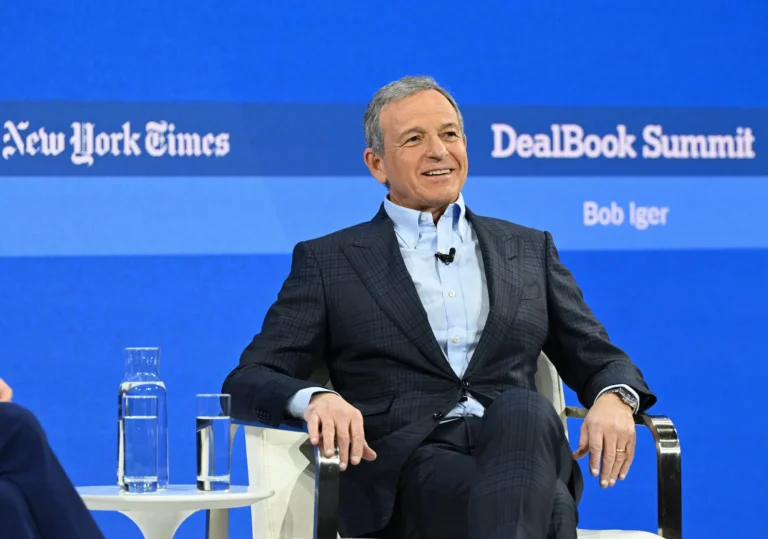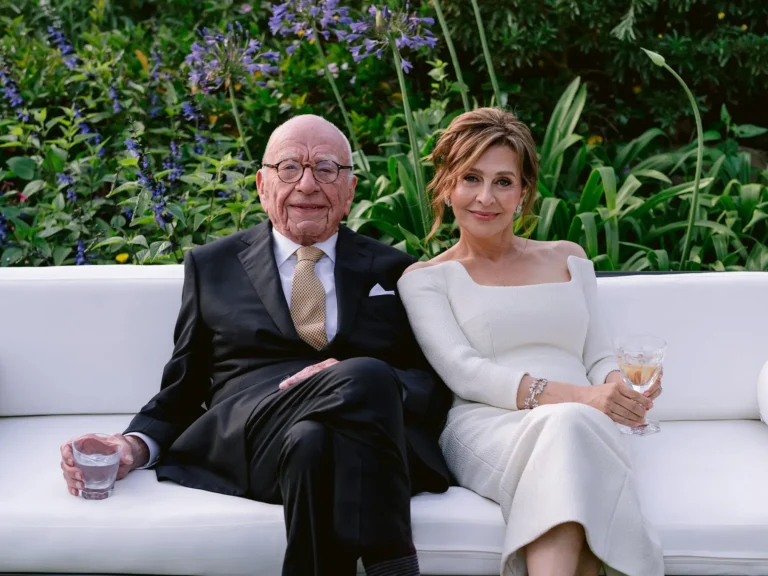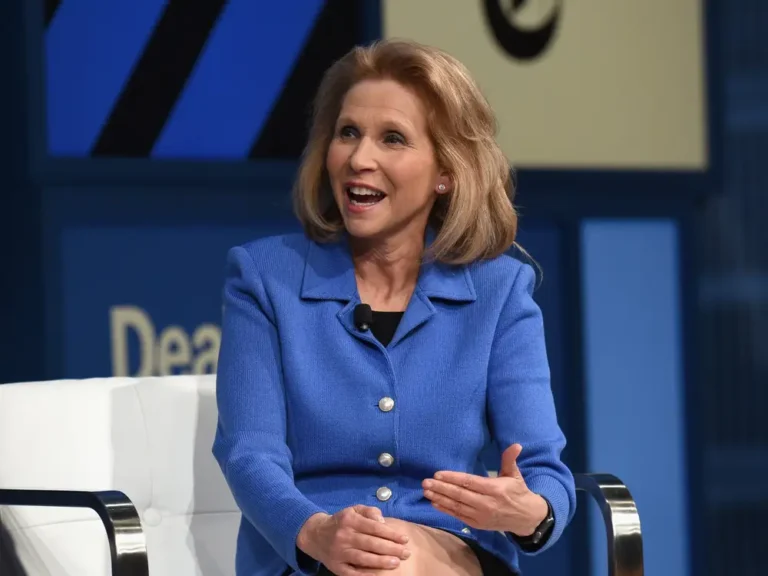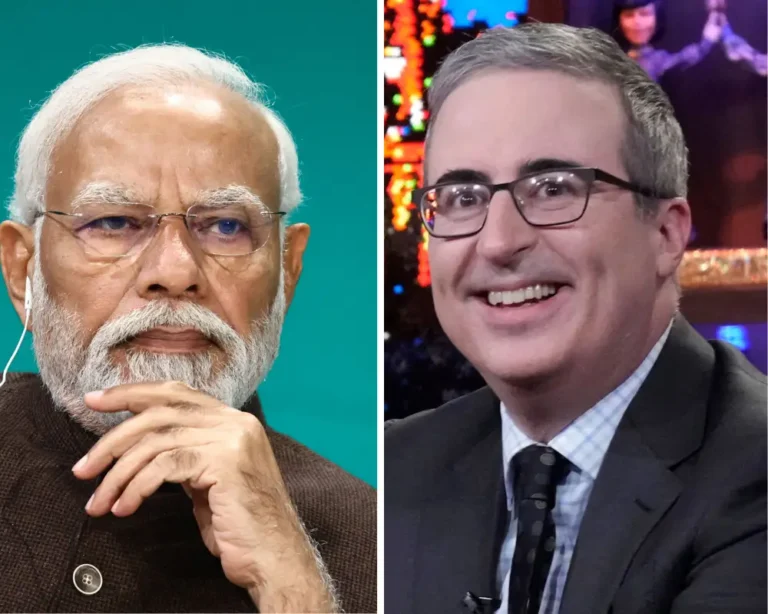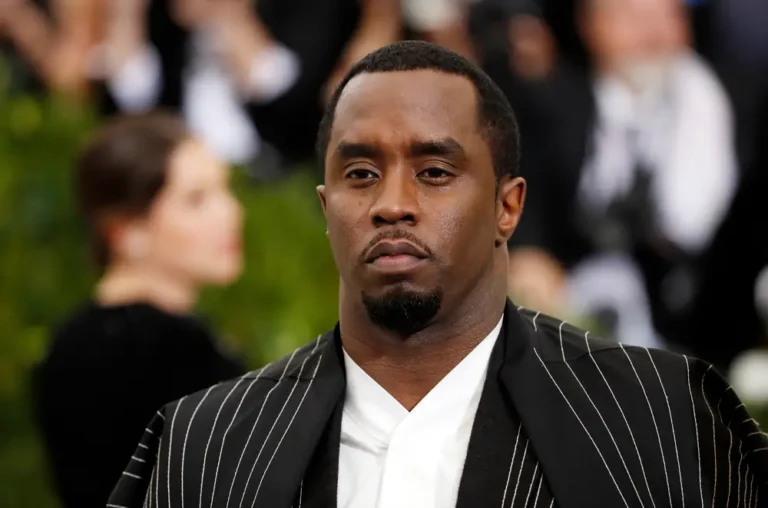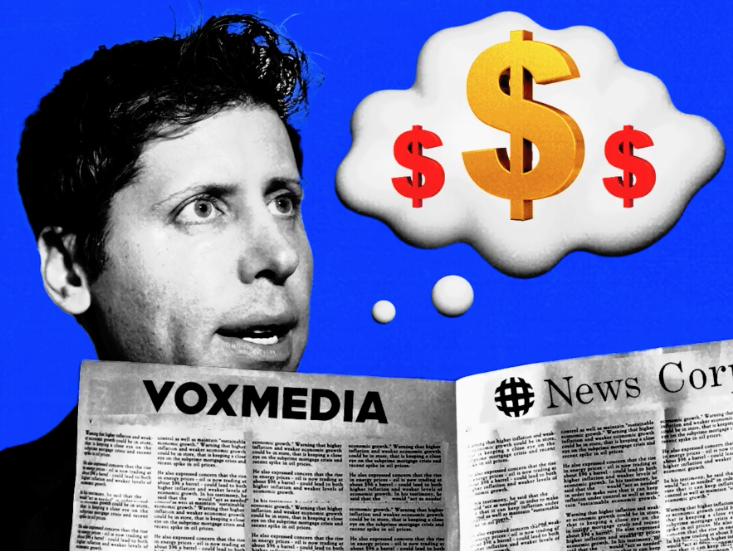Taylor Swift can absolutely sue Trump over the fake endorsement images he reposted. Winning a lawsuit might be harder.

Legal experts said Taylor Swift could sue Donald Trump over the former president sharing images of a bogus endorsement from the pop star. But it’s not clear a lawsuit would be successful.
Should Taylor Swift sue Donald Trump or just shake it off?
It’s a dilemma that arose on Sunday, when Trump reposted — or “re-Truthed,” as it’s called on his Truth Social platform — images showing Swift and her fans appearing to endorse the GOP presidential nominee.
“I accept!” the former president captioned the post, which included an apparently AI-generated campaign poster showing the pop star in a red, white, and blue top hat urging, “Taylor Wants You To Vote For Donald Trump.”
“You’re going to get sued,” one angry Swift fan quickly replied. “I see a cease and desist order,” another said.
Legal experts and celebrity lawyers told B-17 that Swift could, indeed, sue the former president, including on federal grounds of trademark infringement and false advertising. She could even try to take advantage of some states’ laws against deepfakes in election communications, some said.
But the experts differed widely on whether Swift would ultimately succeed should she sue, with almost all saying the odds were against her.
Representatives for Swift did not immediately respond to a request for comment on Monday.
A legal threat that falls short of litigation may be the smartest move. Most of the experts agreed that a lawyer’s letter telling Trump to remove the post could work on its own and would be Swift’s best first step.

“Swift could sue Trump and those who misappropriated her likeness by creating AI-generated images,” Neama Rahmani, the president and a cofounder of West Coast Trial Lawyers, said.
“Privacy torts protect people from having their name, image, or likeness used without their permission,” he said. “Manipulating it using AI doesn’t change things.”
Rahmani pointed to a recent case where OpenAI removed a ChatGPT voice that sounded uncannily like Scarlett Johansson after the actor lawyered up and complained publicly.
Swift’s lawyers, too, are aggressive, Rahmani said. Earlier this year, her lawyers sent a cease and desist to a college student who tracked her private jet, and she once sued a radio host who she alleged had groped her. “So I wouldn’t be surprised if they send the Trump campaign a cease-and-desist letter at a minimum,” Rahmani said.
The superstar’s best bet may be to call Trump out publicly, Harry Surden, a law professor at the University of Colorado Boulder, said.
“Swift’s best option, in my opinion, is not legal in nature but to publicly communicate that Trump’s use of her image and endorsement is false and misleading,” Surden said. “She could also send a public cease-and-desist letter.”
Swift has not endorsed a candidate for president in the 2024 race, but she did support the Biden-Harris campaign in 2020.
Firmly in the “sue Trump” camp is James Walker Jr., a veteran entertainment attorney from Atlanta who reps the estate of Isaac Hayes. Last week, the estate publicly called out Trump’s campaign for using the R&B legend’s composition “Hold On, I’m Coming” more than 100 times at rallies and events over the past two years.
“Taylor Swift is a billion-dollar brand,” said Walker, whose firm has put Trump on notice that it plans to sue for $3 million in the Hayes matter.
“She probably has her name trademarked, just like Aretha Franklin and others I’ve represented own their trademarks,” he said. “You have to protect your brand, your trademark, and when you don’t respond immediately, that’s conveying that you’re accepting this, and then others will do it.”
Swift can claim trademark infringement by arguing that Trump’s campaign gets an unauthorized benefit from reposting the bogus endorsement, Paul Michael Wilson, a trademark expert at Walker & Associates, added.
“This is really bad — somebody should have told him not to do that,” Wilson said with a laugh. “Like, really?”
Walker, Wilson, and others cited the Lanham Act of 1946, a federal statute that protects trademarked commercial interests against unauthorized use, false advertising, and unfair competition.
“One could make a case that Trump’s post is an advertisement” protected under the act, Jessica Litman, who teaches trademark and copyright law at the University of Michigan, said. Still, Litman said she’d “expect a court to exercise caution to avoid chilling political speech.”
Swift’s lawyers, too, are aggressive, Rahmani said. Earlier this year, her lawyers sent a cease and desist to a college student who tracked her private jet, and she once sued a radio host who she alleged had groped her. “So I wouldn’t be surprised if they send the Trump campaign a cease-and-desist letter at a minimum,” Rahmani said.
The superstar’s best bet may be to call Trump out publicly, Harry Surden, a law professor at the University of Colorado Boulder, said.
“Swift’s best option, in my opinion, is not legal in nature but to publicly communicate that Trump’s use of her image and endorsement is false and misleading,” Surden said. “She could also send a public cease-and-desist letter.”
Swift has not endorsed a candidate for president in the 2024 race, but she did support the Biden-Harris campaign in 2020.
Firmly in the “sue Trump” camp is James Walker Jr., a veteran entertainment attorney from Atlanta who reps the estate of Isaac Hayes. Last week, the estate publicly called out Trump’s campaign for using the R&B legend’s composition “Hold On, I’m Coming” more than 100 times at rallies and events over the past two years.
“Taylor Swift is a billion-dollar brand,” said Walker, whose firm has put Trump on notice that it plans to sue for $3 million in the Hayes matter.
“She probably has her name trademarked, just like Aretha Franklin and others I’ve represented own their trademarks,” he said. “You have to protect your brand, your trademark, and when you don’t respond immediately, that’s conveying that you’re accepting this, and then others will do it.”
Swift can claim trademark infringement by arguing that Trump’s campaign gets an unauthorized benefit from reposting the bogus endorsement, Paul Michael Wilson, a trademark expert at Walker & Associates, added.
“This is really bad — somebody should have told him not to do that,” Wilson said with a laugh. “Like, really?”
Walker, Wilson, and others cited the Lanham Act of 1946, a federal statute that protects trademarked commercial interests against unauthorized use, false advertising, and unfair competition.
“One could make a case that Trump’s post is an advertisement” protected under the act, Jessica Litman, who teaches trademark and copyright law at the University of Michigan, said. Still, Litman said she’d “expect a court to exercise caution to avoid chilling political speech.”
‘Being clueless is not a defense’
“It’s not out of the question that he actually believes that the other images are genuine,” Litman said.
“He has posted things in the past that show some confusion about how to tell whether an image is real or AI-generated,” she said, though “being clueless is not a defense.”
Swift would also need to show that she has been damaged, Litman and others said.
“If Trump were to keep it up, I can imagine a fundraising post seeking to take advantage of the misimpression that Swift has endorsed him that would be actionable,” Litman said. “But we haven’t seen that yet.”
Surden agreed, telling B-17 that Swift “would not have very strong legal claims against Trump under this scenario, in my opinion.”
“US law has strong protections for speech under the First Amendment, even false speech, as Trump may have engaged in here,” Surden said.
“Political speech is very heavily protected under the First Amendment,” even when it is false or misleading, he added.
Trump may also protect himself by saying that the posting was satirical and that he had nothing to do with generating the image and little to do with putting it online, experts said.
As for the AI-generated likeness, “a handful of states have recently passed laws restricting the dissemination of deepfakes in election communications,” Mark Bartholomew, a law professor at the University at Buffalo, said.
“That would be the key place for Swift to look,” Bartholomew said. “Intent would be key. Swift would need to prove that the Trump campaign sent these images out with intent to deceive voters.”
Swift is from Tennessee, and that state just passed the ELVIS Act, which lets people sue someone for using a deepfake of their likeness for fundraising, said Juan Perla, a partner at the New York-headquartered international firm Curtis, Mallet-Prevost, Colt & Mosle.
By suing, Swift may be entitled to a judge’s injunction — at least temporarily — ordering Trump to take the post down, Perla said.
“But what is more likely to happen first is similar to what Celine Dion did, when she criticized and poked fun at the Trump-Vance campaign for using her ‘Titanic’ theme song at one of their rallies without her permission,” Perla said.
It worked for Johansson, at least. OpenAI’s new chatbot voices recently began to roll out to select users — and the voice resembling that of the actor is nowhere to be found.

